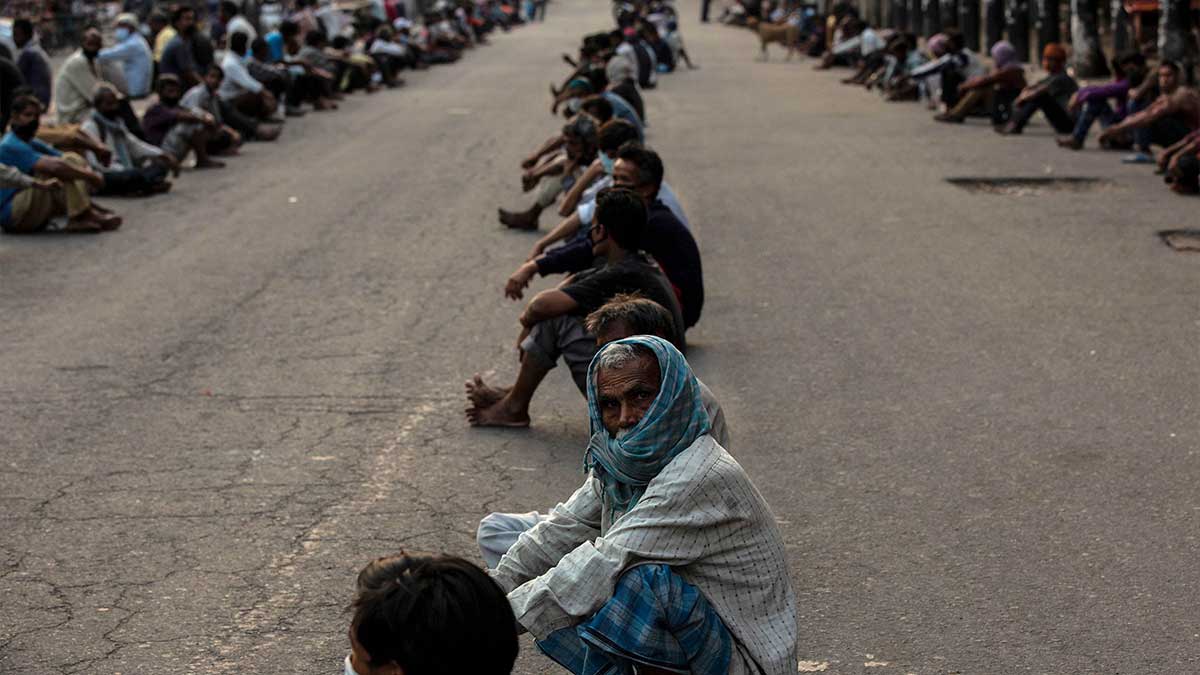The annual report of the International Labour Organisation (ILO) on the global unemployment situation revealed that Covid-19 pandemic has plunged more than 100 million workers into poverty.
On Wednesday, the United Nations’ ILO warned in a report that the labor market crisis created by the pandemic was far from over. Employment was not likely to bounce back to pre-pandemic levels until 2023 at the earliest, it said.
According to the ILO’s annual World Employment and Social Outlook report which indicated that the whole globe would be 75 million jobs short at the end of 2021 compared to if the pandemic had not occurred. It added that it would still have 23 million fewer jobs by the end of 2022, than would otherwise have been the case.
ILO chief Guy Ryder told reporters that Covid-19 “has not just been a public health crisis, it’s also been an employment and human crisis”.
Read more: Women domestic workers worst hit by Covid-19 pandemic
He further said, “Without a deliberate effort to accelerate the creation of decent jobs, and support the most vulnerable members of society and the recovery of the hardest-hit economic sectors, the lingering effects of the pandemic could be with us for years in the form of lost human and economic potential, and higher poverty and inequality.”
Global unemployment is expected to stand at 205 million people in 2022: ILO
The report also revealed that unemployment rate of whole world was expected to stand at 205 million people in 2022. It is being considered far higher than the 187 million in 2019, however, the situation is worse than official unemployment figures indicate.
Moreover, in 2020, 8.8 percent of global working hours were lost compared to the fourth quarter of 2019, the equivalent of 255 million full-time jobs.
Global employment is expected to recover more quickly in the second half of 2021, provided the overall pandemic situation does not worsen.
“For many millions of people, the working hour losses combined with a lack or absence of social protection” had sparked an “absolutely dramatic” increase in working poverty, Ryder said.





















